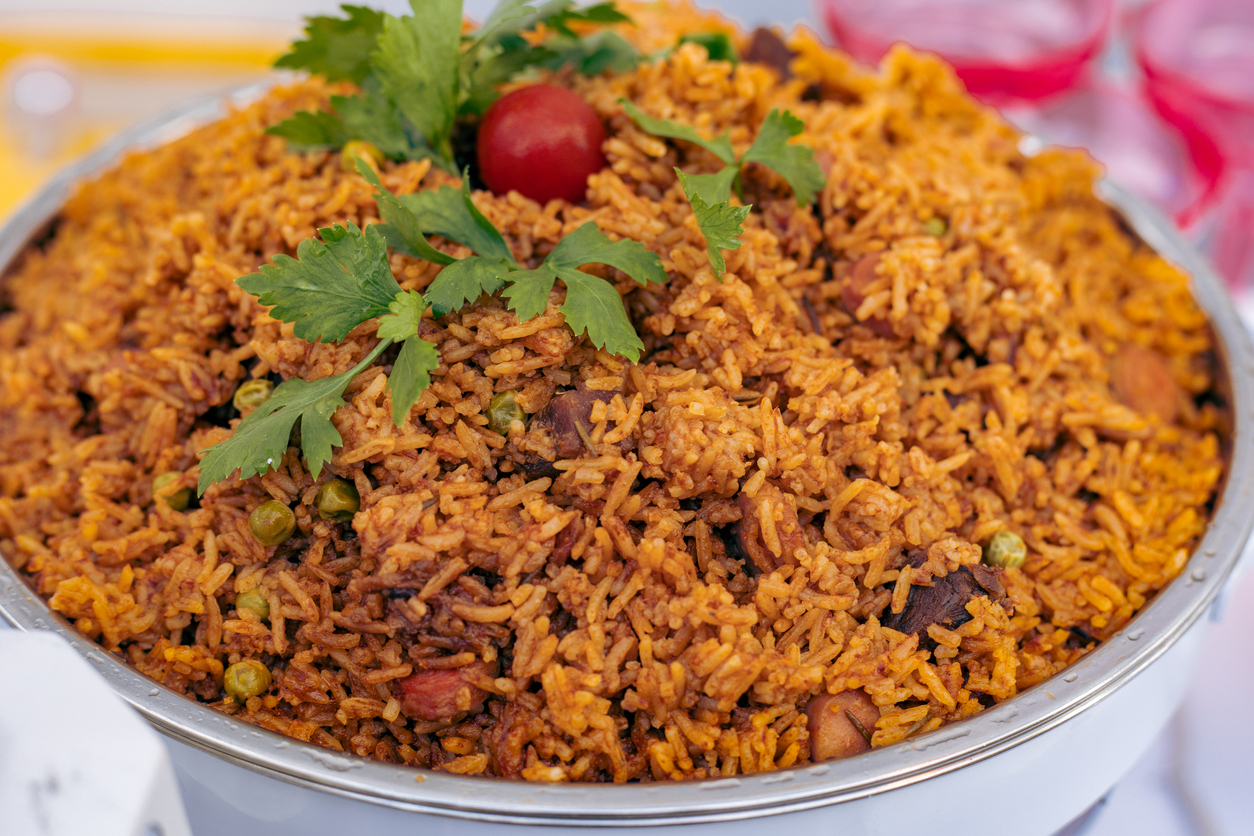Discover the Magic of Jollof Rice with Wigmore Trading: A Culinary Journey into Nigerian Cuisine
Jollof Rice is more than just a meal; it’s a symbol of cultural pride and culinary brilliance across West Africa. Among the diverse and rich tapestry of Nigerian cuisine, Jollof Rice stands out as a beloved staple, enjoyed at festive occasions and family gatherings alike. Today, we explore the origins, preparation, and variations of this iconic dish, and show you where to find authentic ingredients through Wigmore Trading, your trusted source for African food products in the USA, UK, and Europe.
The Origins of Jollof Rice
Jollof Rice traces its roots back to the Senegambian region, where it was first created by the Wolof people. The dish spread across West Africa, evolving into numerous regional variations. Each version of Jollof Rice retains the core ingredients of rice, tomatoes, onions, and peppers, yet reflects the unique culinary traditions of its locale.
Ingredients and Preparation
Making Jollof Rice involves a blend of fresh vegetables, spices, and often, a choice of protein. Here’s a classic Nigerian recipe to try:
Ingredients:
- 2 cups of long-grain parboiled rice
- 4 medium tomatoes (blended)
- 2 red bell peppers (blended)
- 1 onion (finely chopped)
- 1/2 cup of vegetable oil
- 2 tablespoons of tomato paste
- 2 cups of chicken or vegetable broth
- 1 teaspoon of thyme
- 1 teaspoon of curry powder
- 1 teaspoon of paprika
- Salt and pepper to taste
- Optional: chicken, beef, or fish for protein
Instructions:
- Rinse the rice: Wash the rice under cold water until the water runs clear to remove excess starch. Set aside.
- Prepare the tomato base: In a blender, combine the tomatoes, red bell peppers, and half of the chopped onion. Blend until smooth.
- Cook the base: Heat the vegetable oil in a large pot over medium heat. Add the remaining chopped onion and sauté until translucent. Stir in the tomato paste and cook for 2-3 minutes.
- Simmer the sauce: Pour the blended tomato mixture into the pot and cook for 10-15 minutes, stirring occasionally, until the sauce thickens and the oil begins to separate.
- Add spices and broth: Stir in the thyme, curry powder, paprika, salt, and pepper. Add the chicken or vegetable broth and bring to a boil.
- Cook the rice: Add the rinsed rice to the pot and stir to combine. Reduce the heat to low, cover the pot with a tight-fitting lid, and cook for 20-25 minutes, or until the rice is cooked and the liquid is absorbed.
- Optional protein: If desired, add cooked chicken, beef, or fish to the rice during the last 10 minutes of cooking for added flavor and protein.
- Fluff and serve: Remove the pot from the heat and let it sit for a few minutes. Fluff the rice with a fork and serve hot.
Regional Variations
While the core recipe remains consistent, Jollof Rice is celebrated for its regional variations, each adding a unique twist:
- Nigerian Jollof Rice: Known for its deep, smoky flavor, Nigerian Jollof Rice often incorporates a range of spices and is traditionally served with fried plantains and grilled meats.
- Ghanaian Jollof Rice: This version is typically spicier and often includes vegetables such as carrots and peas. It’s usually accompanied by shito, a spicy pepper sauce.
- Senegalese Jollof Rice (Thieboudienne): The original version of the dish, known for its complex flavors and inclusion of fish, vegetables, and a unique blend of spices.
The Jollof Rice Debate
One of the most entertaining aspects of Jollof Rice is the ongoing debate over which country makes the best version. This friendly rivalry, known as the “Jollof Rice War,” primarily involves Nigeria and Ghana but extends to other West African nations. It’s a testament to the dish’s cultural significance and the pride it inspires.
Shop Authentic Ingredients at Wigmore Trading
To create the perfect Jollof Rice, it’s essential to use authentic ingredients. Wigmore Trading, the leading wholesale distributor of African food in the USA, UK, and Europe, offers a wide range of high-quality products to help you make this beloved dish.
Visit Wigmore Trading’s online store to explore our extensive selection of African food products, available at competitive wholesale prices. Whether you’re a home cook or a professional chef, Wigmore Trading ensures you have access to the finest ingredients for all your culinary needs.
Bringing Nigerian Flavors to Your Table
Jollof Rice is more than just a meal; it’s a celebration of West African culture and community. With Wigmore Trading, you can bring these vibrant flavors to your kitchen, confident that you’re using the best ingredients available.
Discover the magic of Jollof Rice today with Wigmore Trading, your trusted partner in delivering the finest African food products to the world.







Comments are closed.